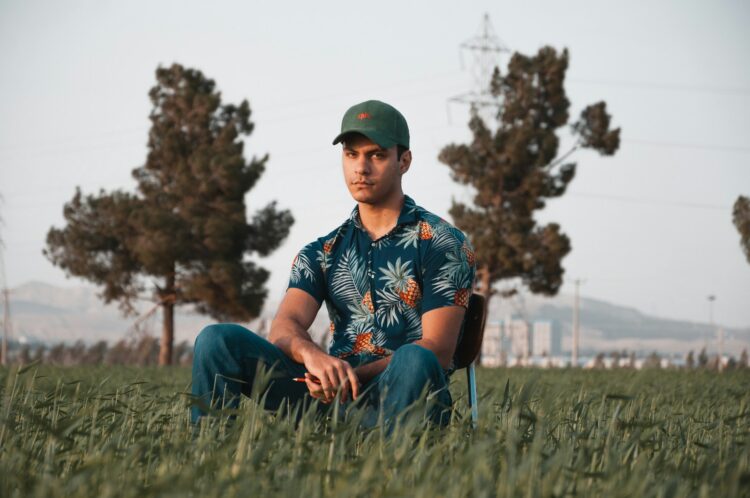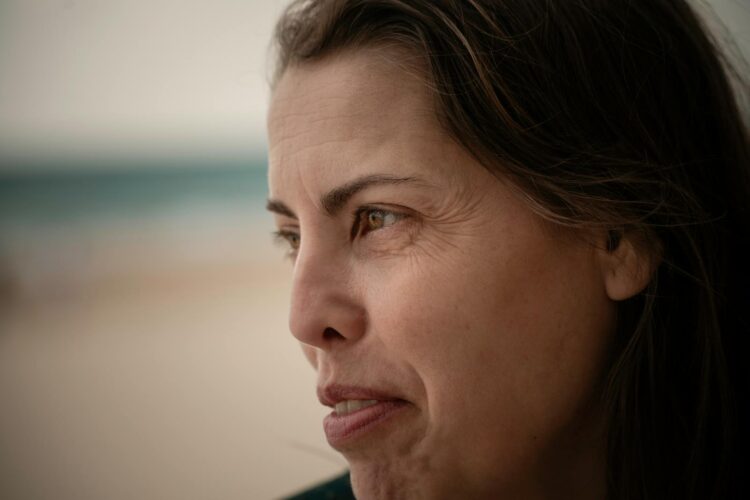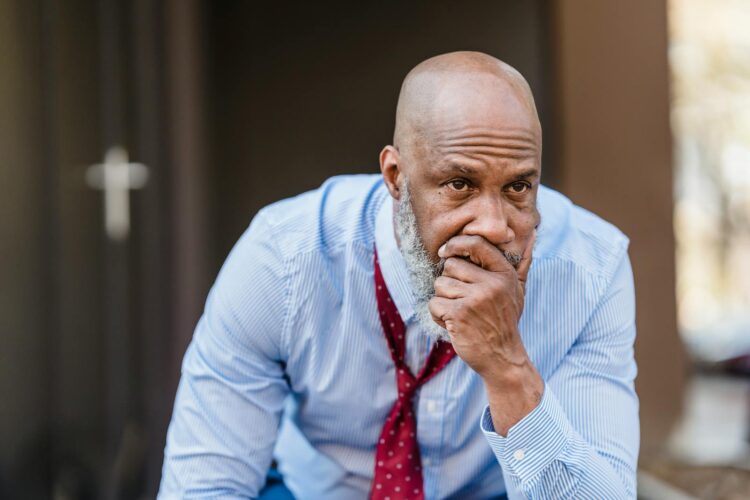
At first, it just feels quiet. The house sounds louder, every creak noticeable. You think you miss them, but it’s mostly the habit of checking in, the rhythm of someone else’s moods. That silence doesn’t rush to fill itself anymore. It just sits there. You start hearing small things again—a kettle boiling, traffic outside, your own breath steadying after years of waiting for something to go wrong.
You Start Sleeping Better

For a while, your body still expects the tension. You wake up waiting for a fight that never comes. Slowly, the nights stretch out longer. You sleep through alarms. The bed feels bigger. The quiet doesn’t sting anymore—it soothes. You realize how much energy it took to exist beside someone who made peace feel temporary. Rest stops are rare. It starts feeling normal again.
You Stop Explaining Yourself

You notice how often you used to defend small things, what you wore. Who you texted. Even the way you laughed. Now, there’s no one keeping score. You order food without overthinking. You wear what’s comfortable. You stop editing your sentences mid-way. It hits you how exhausting it was to always justify being yourself. Freedom doesn’t come as fireworks—it comes as calm.
You Relearn What Quiet Means

Before, quiet meant danger. It meant someone was upset, or about to be. You’d fill the silence with apologies to keep the peace. Now, quiet is just quiet. You can sit with a cup of coffee and not feel the need to fix anything. That kind of silence feels soft. You realize it was never noise you feared—it was the waiting that came with it.
You Notice Your Body Unclench

It’s not immediate, but one day you catch yourself standing differently. Your shoulders drop. Your jaw loosens. You laugh without the tightness that used to hide beneath it. The body remembers before the mind does. You didn’t know how much you were holding in until it started to leave. Even the air feels lighter, as if it’s been waiting for you to exhale finally.
You Miss the Routine, Not the Person

It isn’t very clear at first. You think you miss them, but you don’t. You miss the messages, the shared shows, the idea of belonging. Then you remember how heavy that belonging felt. You realize it’s not love you’re craving—it’s habit. Missing something doesn’t mean you should return to it. Sometimes you miss the version of yourself who believed things would change.
You Redefine What Love Feels Like

For a long time, you thought love meant trying harder, proving yourself, and fixing what broke. Then you see love outside of that pattern—friends who listen without judgment, people who don’t take offence at honesty. You begin to realize that love isn’t meant to leave you feeling drained. It’s supposed to add warmth, not take it away. That shift changes how you see everything.
You Stop Looking for Permission

At first, you still wait for a nod that never comes. You think twice before small things—ordering food the way you like it, texting someone first, leaving your phone unanswered. Then you remember no one’s tracking you anymore. The freedom feels unfamiliar, like walking after sitting too long. Slowly, it settles in. You start doing things just because you want to, not because it’s safe to.
You See How Much You Softened the Hurt

You find yourself retelling old stories and glossing over the worst parts. You used to say it wasn’t that bad, as if saying it out loud might make it true. You called it patience back then, but it was endurance. You made pain sound smaller so you could survive it. Looking back, the softness feels sad. You were only trying to keep life from falling apart.
You Rebuild Your Self-Trust

When every feeling was questioned, you stopped trusting your own instincts. After leaving, you start testing them again. You make a choice and realize it turns out fine. You say no, and nothing terrible happens. Slowly, confidence returns in small ways. You remember you used to have good judgment—it was just constantly challenged. Now, your voice sounds like your own again.
You Learn How Much You Tolerated

There’s a strange embarrassment that comes after leaving. You replay moments and think, “Why did I stay through that?” But you understand it wasn’t weakness—it was hope. You kept waiting for good days to outweigh the bad. They never did. Seeing that clearly hurts at first. Then it becomes power. You know what you’ll never accept again.
You Stop Feeling Responsible for Someone Else’s Moods

You used to tiptoe around their silence or temper, trying to fix what wasn’t yours to fix. Now, someone’s bad day doesn’t feel like your fault. You stop rehearsing responses in your head. You realize emotions don’t need managing—they just need space. That distance is uncomfortable at first, but eventually it brings a sense of peace. You finally stop carrying what was never yours.
You Rediscover Small Joys

The first sign is small—you hum while cooking again. A song plays that once annoyed them, and you let it finish. You reach for clothes pushed to the back of the closet. None of it feels forced. It’s like pieces of you were stored away for safekeeping. You realize joy isn’t something to rebuild; it’s something that remembers you once you stop asking for permission to feel it.
You See How Isolation Worked

You start noticing how slowly your world has shrunk. Fewer friends, fewer plans, fewer opinions you shared out loud. You called it a compromise back then. Now you call it control. Reconnecting with people can feel awkward at first, but you come to realize that the ones who care never left completely. The isolation was never about love—it was about keeping you small.
You Understand Peace Isn’t Boring

After chaos, calm can feel strange. You almost expect something to go wrong when things stay steady. But peace isn’t emptiness—it’s balance. You realize healthy love doesn’t have highs and lows that leave you dizzy. It’s constant, predictable in a good way. You start craving it more than you do excitement. You stop mistaking anxiety for passion. That’s when real healing begins.
You Finally Recognize Yourself Again

One day, you catch your reflection and don’t flinch. You look like yourself again—not the version who kept apologizing or guessing what came next. You laugh more easily. You plan without fear. You feel like someone who has survived something quietly heavy and emerged lighter. That’s when you know the relationship didn’t break you. It just showed you how strong you already were.

